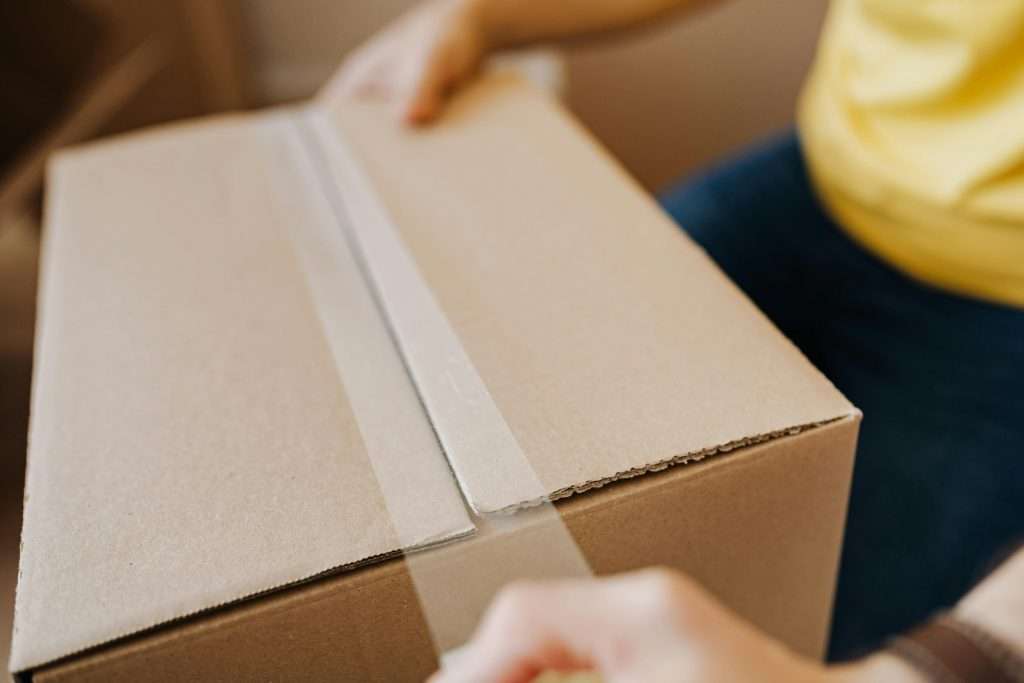This has led to countless tales of defective products causing not only physical injury and financial loss but also emotional harm. Filing a claim is a jungle of its process, and all sorts of questions pop up, for example, what comes under evidence or which manufacturer can be liable when you are suing over some product defect. In this article, we are going to answer three well-known questions about defective product claims.
How to Identify a Defective Product?
Product defects are generally broken up into three categories: (1) a flaw in its design, (2)a failure during manufacturing or assembly processes and(3) inadequate instructions that make the product unreasonably safe for users. Design defects are problems that were present before the product was manufactured and manufacturing defects take place while it is being made, causing a deviation from its intended design.
And marketing… what do defective products have to do it? A marketing defect occurs when unexpected or inadequate instructions, warnings and safety information are not provided to consumers. One of the first steps is determining what category a defective product fits in
What Evidence Is Required In A Product Liability Case?
Evidence gathering is the cornerstone of a successful personal injury claim. Some key factors of collecting evidence in defective product cases. So, it’s essential to:
- Keep the product itself, along with any packaging and receipts.
- Take clear photographs of the defect and any injuries or damages it caused.
- Document interactions with the manufacturer or retailer, including repair attempts or communications.
- Seek medical help and keep records and expert evaluations that can further strengthen the case.
These are the steps that will make a solid claim, but depending on the situation, your list of solid evidence might not stop at them. Any proof that helps to show the product was really defective and directly induced harm or loss will be great.
Who Can Be Held Liable for a Defective Product?
Requesting and proving liability in a claim for defective products is usually the most complex part of the process. Many times, different companies are at stake regarding various links within the same production chain. Identifying all parties is one of the first steps in such cases.
An unidentified product steward For instance:
- Manufacturers
- Distributors
- Retailers
However, this can be challenging to determine who the responsible parts are and may require a consultation with experienced attorneys. So if you, by any means, consult a lawyer in London (адвокат лондон), or anywhere else, it will clear the air on who is liable and what causes. Commentaries by legal experts can thread this needle, discussing the issues of rights and methodological choices in a nuanced manner.
Like all personal injury claims, defective product claims must be proven through documentation and knowledge of the parties’ liabilities. Some of the very first things to take into account while establishing a strong case are determining the kind of defect, collecting substantial evidence and seeking legal advice.
For more news click thebritaintimes.co.uk


